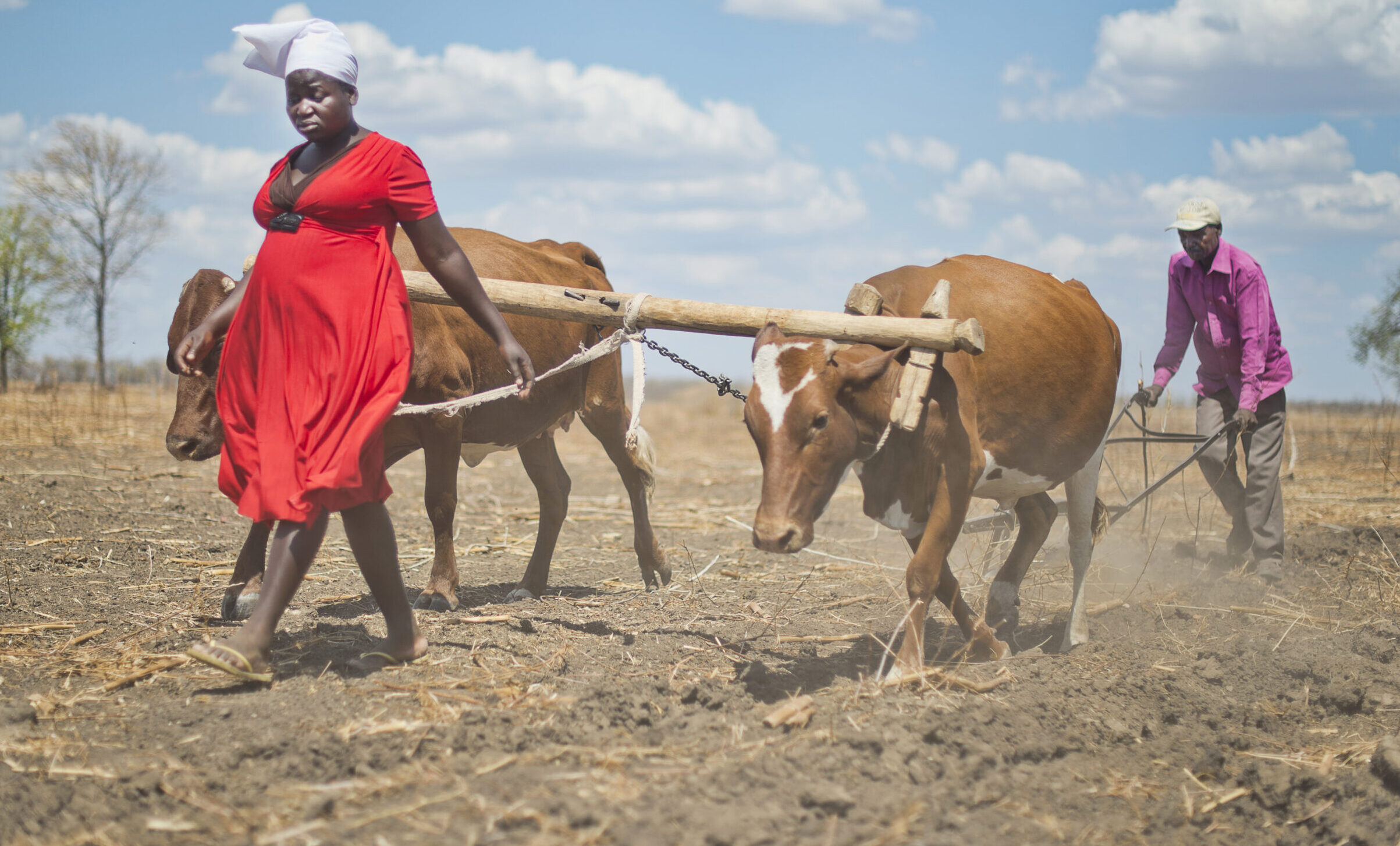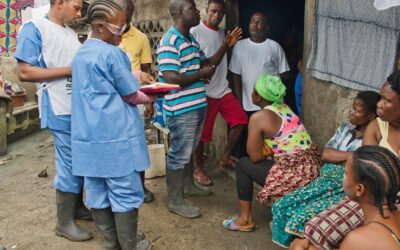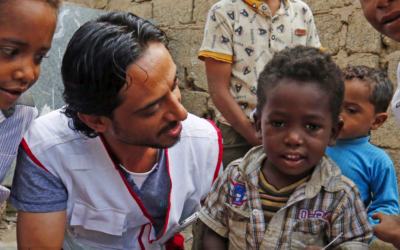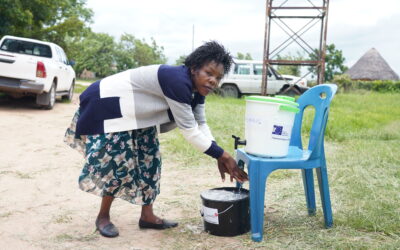Supporting Ministries of Health and Partners to Deliver Coordinated RCCE in the East & Southern Africa Region.
By Maureen McKenna, Advocacy Advisor, Collective Service
While the first Africa Climate Summit concluded last month where African governments and donors committed to aggressive steps and funding toward climate change action across the Africa Union, climate change is already knocking on the door of the most vulnerable communities across the continent.
The El Niño season, which began in June this year, is significantly impacting a wide range of already-existing health emergencies and humanitarian disasters in multiple regions across Africa, especially the East and Southern Africa Region (ESAR). The event will continue to significantly impact the region into early 2024. This year’s El Niño event is likely to have additional health implications throughout ESAR and will increase the effects that the rainy season will have on current health emergencies, including the worst cholera outbreak in over 20 years. According to WHO, “heavy rainfall and flooding, often leading to increased water contamination, will likely exacerbate and further prolong this outbreak in many countries. Flooding will also provide ideal conditions for mosquito multiplication and the emergence and/or exacerbation of Rift Valley Fever (RVF) and malaria…”1
Recent health emergencies including record outbreaks of cholera, especially in Malawi, and EVD in Uganda, for example, have demonstrated that collective and coordinated approaches to community engagement during public health emergencies and humanitarian response have decreased the impact of disease outbreaks on communities. Lessons learned during the COVID-19 response, a major topic of the upcoming 2023 World Health Summit, have enabled initiatives like the Collective Service to be prepared and have the services and coordination mechanisms in place for the delivery of Risk Communication and Community Engagement (RCCE) to the most vulnerable and hard to reach communities.
As a new global architecture for health emergency preparedness, response, and resilience (HEPR) unfolds, and governments work toward “protecting all people from climate disasters with early warning systems”2 as a part of the Climate Action Acceleration Agenda, it is clear there is a need for coordinated RCCE services and tools to ensure communities are prepared for impending health emergencies and climate-related disasters, including emergencies that are currently emerging from the El Niño event.
The Collective Service is already answering the call from Ministries of Health and/or partners from 14 countries (Somalia, South Sudan, Ethiopia, Kenya, Uganda, Tanzania, Burundi, Malawi, Zambia Mozambique, Eswatini, Malawi, Madagascar, and Namibia) for support to prepare communities for impending health emergencies likely to be caused or exacerbated by El Niño.
To help countries in ESAR prepare for and respond to the impact of El Niño, the Collective Service will build the capacity of governments and partners at national and sub-national levels to enable the delivery of coordinated RCCE services through strengthened community feedback mechanisms, operational social science training and support, and shared data intelligence and analysis. With these capacities and tools in place, governments and partners in countries throughout the region will have the ability to collect critical community data regarding communities’ perceptions and beliefs to promote health-seeking behaviors and guide the design of early action health strategies and support communities to mitigate and adapt. During a health emergency, this information will help partners to identify service delivery gaps in communities, and they will be able to develop an informed response for improved health-seeking behaviors.
In addition to country surge support provided to MoH and partners, the Collective Service also provides a repository of tools and services for practitioners and responders regarding RCCE and CEA for health emergencies related to the El Niño event, including the following:
- Remote on-demand RCCE and CEA technical assistance and support is available through the Collective Service Helpdesk.
- Social Science Training is available for the effective integration of social science in health emergency interventions and policymaking.
- RCCE & CEA resources and tools for responding to cholera.
- RCCE & CEA resources and tools for responding to drought.
- Measuring Results in Social Behaviour Change Communication Programming
- Communicating with Communities in Epidemics… RCCE Readiness Kit
The Collective Service welcomes partners to share additional tools and resources, which can be posted on the Collective Service website for distribution, by sending them to the Collective Service Global Coordinator [diane.lecorvec@ifrc.org].
Please join the next Collective Service Global Call for the most up-to-date information on the RCCE response in the East & Southern Africa Region.





